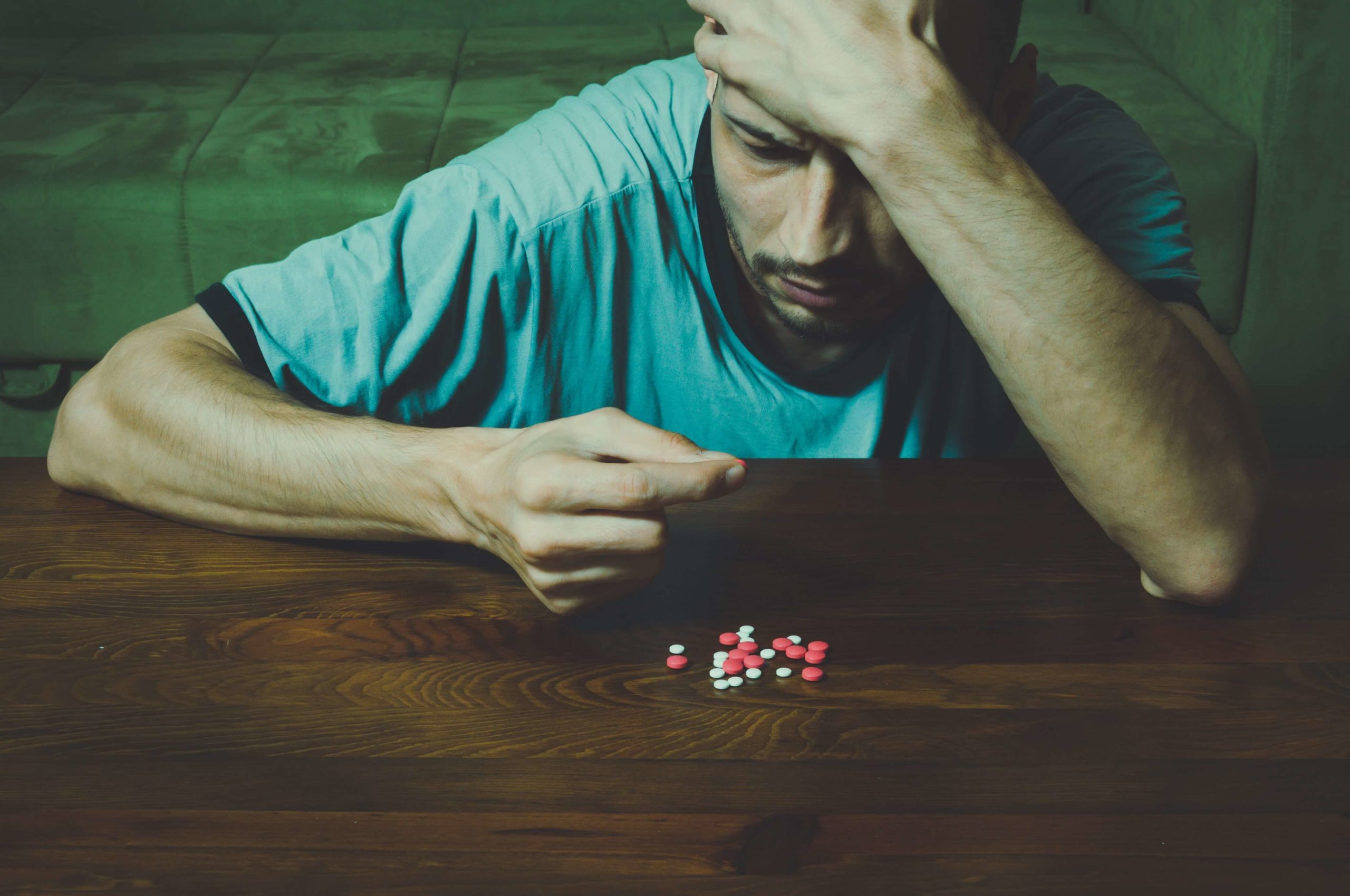While the majority of Americans use prescription pills like Xanax, Vicodin and other drugs for pain management as prescribed by the physicians, statistics revealed an alarming number of its illicit use. In 2010, SAMSHA revealed that individuals seeking medical treatment due to prescription drug abuse tripled from 1998 to 2008. This study corresponds to NIDA’s findings in a study conducted in 2003 that 15 million Americans abuse prescription drugs at least once in a 12-month period. The good news is, recovering from pill addiction is possible through tried and tested treatment options based on the type of prescription drug abused, individual’s needs and other related factors.
Frequently abused prescription pills and their health effects
Opiods: Examples of these drugs are: Oxycodone, Oxycontin and Hyrocodone like Lortab and Vicodin. These drugs diminish brain’s perception of pain and alter perception of pleasure. Its effects include:
- Altered bowel movement
- Altered thinking
- Dizziness
- Euphoria
- Impaired coordination
- Memory loss
- Respiratory depression
- Addiction
- Withdrawal symptoms
- Death
CNS Depressants: It commonly refers to benzodiazepines like Xanax,Valium and Ativan. It also includes Phenobarbital and other barbiturates. These drugs slow down brain activity and its irresponsible use may cause any of the following effects:
- Drowsiness
- Confusion
- Slowed breathing
- Seizures
- Addiction
- Withdrawal
- Death
Stimulants: Adderall, Dexedrine and other amphetamines are examples of stimulants. These drugs contain chemical components that are analogous to neurotransmitters of the brain. It increases the alertness level of the body thereby causing any or all of the following reactions:
- Increased blood pressure
- Rapid heart rate
- Alertness
- Increased attention
- High energy
- Anxiety
Addiction Treatment Modalities
There is no single method for patients recovering from prescription pill addiction. At present, there are two major types of treatment for individuals suffering from prescription pill addiction:
Behavioral management: Individuals are taught on how to stop drug use by using strategies that will help them deal with their drug cravings, and situations that induce drug use. They also discover the main cause of their addiction like unresolved psychological conflicts and co-existing disorders. Therapists implement behavioral treatments like cognitive behavioral therapy as well as contingency management to help the patients deal with their conflicts and improve their interpersonal and intrapersonal relationships. Other types of behavioral management include:
- Family counseling
- Group therapy
- Individual counseling
The individual also receives encouragement from support groups as he or she goes back to the community equipped with life skills that will make him or her productive member of the society.
Pharmacological treatment: It can reverse the effects of drugs, relieve signs of withdrawal, treat overdose and beat cravings.
For stimulant: NIDA claims that a combination of pharmacological and behavioral therapy is an effective treatment for stimulant addiction.
For CNS Depressant: Detoxification and behavioral therapies should be combined.
Studies showed that recovering from prescription pill addiction is possible with the patient’s determination to recover combined with effective addiction treatment strategies.
References:
http://teens.drugabuse.gov/facts/facts_rx2.php#top
http://www.drugabuse.gov/publications/research-reports/prescription-drugs/treating-prescription-drug-addiction
http://www.drugabuse.gov/publications/research-reports/prescription-drugs/treating-prescription-drug-addiction/treating-addiction-to-prescription-opio
http://www.drugabuse.gov/publications/research-reports/prescription-drugs/treating-prescription-drug-addiction/treating-addiction-to-prescription-stim



